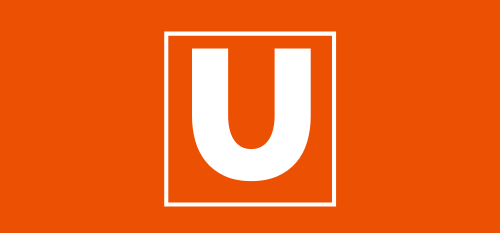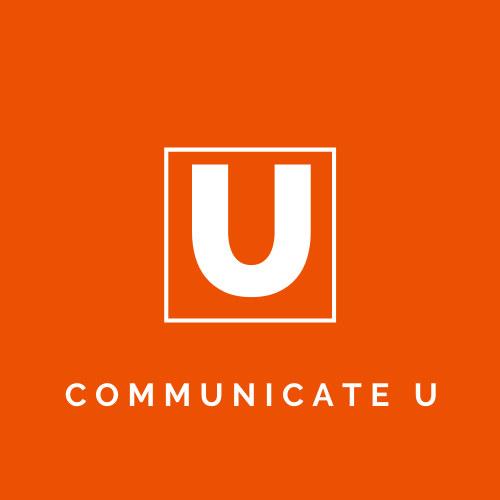Take the Stress Out of Your Next Job Interview

The room is dark, apart from the bright spotlight shining down upon you. Beads of sweat are running down your face. “What did you do in your last role…. And don’t lie to me?!”
Ever had a bad dream that reminds you of an interrogation scene from a movie. You are in a job interview. You see yourself sitting in the chair, terrified, not knowing what fate awaits you.
Nerves are natural for all of us when we are putting ourselves out there, but we can change this scene from an interrogation to an interesting and informative conversation if we prepare well.
There are three stages to an interview – before, during and after, with the “before” stage being the most important. Here are some tips to boost your confidence and enable you to get the most out of your next job interview.
Before the Interview
- Get to know you! Reflect on what makes you unique. What are your values, strengths, goals and skills? Where have you been in your career and what do you want your future to look like? Be honest with yourself about your limitations too, and what you don’t want in your next role.
- Do your research. If you haven’t done so before you applied, ensure you find out all you can about the organisation, the industry, the role and if possible, the interviewer(s). If you have their names, do they have bios on the company website or are they on LinkedIn? What do you know about industry trends? Has there been anything in the media recently about the organisation, its people or the industry in general? Does anyone in your network have links to the company or anyone who works there that could facilitate an introduction and enable you to gain some inside knowledge?
- Reread the job ad and position description (PD) if you have it. Highlight the keywords. Write out questions that you think may be asked in the interview based on the information you have and formulate your responses using reflective language – the same language they have used when putting the ad and PD together. And if you are unsure about what questions could be asked, get someone else to help you with this.
- Prepare some scenarios and narratives based on your career and life to date. These can form the basis for answers to interview questions. Every role is different but there are often some common questions that focus on things like teamwork, dealing with difficult people, handling multiple stakeholders, juggling competing deadlines or learning new technology. Write out potential answers that could be used. I say write it out as the act of putting pen to paper, or fingers to the keyboard helps your brain retain the answers.
- Be future-focused and positive when planning your answers. It’s better to be moving towards something (like more opportunities in a larger team) than running away from something (like your horrible boss).
- Do a digital audit. Is your LinkedIn profile up to date and giving your future employer a good reason to want you on their team? Are your privacy settings on your social media accounts set correctly? Is there anything online that you don’t want your next boss to see? Have you googled yourself lately? Make sure there are no unwanted surprises.
- Plan the logistics. Allow enough time to get to the interview. How are you getting there? Or, if it’s a virtual interview, check the technology, the link you will need and the time zones. Ensure you have a quiet location, a glass of water and shut down your email and extra tabs so you don’t have any distractions.
- Just before the interview, take some deep breaths, perhaps do some power poses and believe in yourself – after all, you are well prepared!
During the Interview
- First impressions count so put your shoulders back, head up and smile when you introduce yourself. Before Covid-19 I always recommended having a firm handshake but nowadays be guided by the interviewer on that one!
- Sit comfortably, speak clearly and answer the questions. Be succinct and don’t waffle. I’m often telling clients I work with on interview preparation to “put in a full stop!”. If the interviewer wants to know more, they will ask further questions or you could ask if they’d like you to explain anything in further detail.
- If it is a panel of interviewers, ensure your answers are aimed at all of them. Look them in the eyes when responding and if it is a virtual interview, remember to look at the camera on your computer or telephone – that is the equivalent of looking the interviewer in the eyes.
- Interviews often start with a simple, “tell me about yourself” question. If you’re asked to talk about yourself, remember the past – present – future or the present – past – future framework. (Check out this article for more detail – Job Interviews: Tell Me About Yourself)
- Remember STAR and CAR. These acronyms can help you to answer interview questions better. STAR stands for Situation, Task, Action and Result. CAR is Challenge, Action and Result. Both are frameworks that enable you to put some structure to your story. The interviewer will want to know what you were doing (Where were you working? What was your role? What was the task or challenge at hand?); what you did; and the outcome of your actions.
- Have some questions prepared that you can ask at the end of the interview as in most interview situations, the final question is, “Do you have any questions?”
- Ensure you have an understanding of the next steps and timeframes. Will there be second interviews? When can you expect to hear back? Will they call or email? When are they wanting the successful applicant to start?
- Thank the interviewers for their time.
After the Interview
- If you have an email address for the recruiter or interviewer(s), send a thank you note reiterating something that excited you about the role, the organisation or the interview itself.
- If things went well and you believe you are being considered for the role, contact your referees and speak with them about the interview. (Check out – The Importance of Managing Your Referees)
- If you are unsuccessful, ask for feedback and reflect on the lessons learned that you can incorporate in your next job interview.
- If you are offered the position, remember that you can say no if you don’t believe the role is right for you. You also have the power, depending on what has been discussed, to negotiate the salary and conditions. If you accept the role, ask about any paperwork that needs to be signed and agree on the start date. Congratulations! It’s now time to celebrate your success and plan for your first day!


Recent Comments